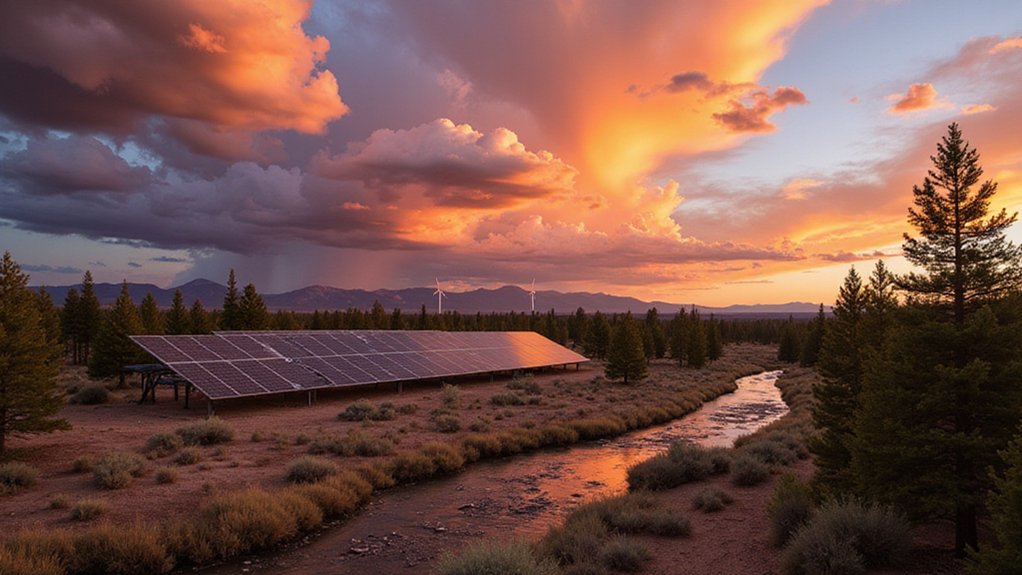The Interior Department has reversed the Biden administration’s energy restrictions in Alaska, sparking celebration across the oil and gas industry. The new policy reopens the Arctic National Wildlife Refuge for drilling and expands access to the National Petroleum Reserve and Beaufort Sea. Industry leaders praise the decision’s potential for job creation and economic growth, while environmental groups warn of threats to wildlife and ecosystems. The policy shift sets the stage for intense debates about Alaska’s energy future.
In a major policy shift, the Interior Department has reversed the Biden administration’s restrictions on energy development in Alaska. The new policy aims to maximize development of natural resources on federal and state lands, with a focus on Alaska’s liquefied natural gas potential. Officials say this change will expedite permitting and leasing of energy projects across the state.
Among the specific actions taken, the department has withdrawn Secretarial Order 3401, which had halted activities in the Arctic National Wildlife Refuge. The government also rescinded previous lease cancellations within the refuge and initiated additional leasing through the Coastal Plain Oil and Gas Leasing Program.
The department’s withdrawal of Order 3401 reopens the Arctic Refuge, reinstating leases and expanding the Coastal Plain program.
Oil and gas companies now have renewed access to the Arctic National Wildlife Refuge for exploration and production. The policy change also expands opportunities in the National Petroleum Reserve in Alaska and reverses restrictions on offshore drilling in the Beaufort Sea.
“This is about strengthening America’s energy independence,” said an Interior Department spokesperson. “We’re creating jobs while ensuring our nation’s energy security.”
The decision isn’t without controversy. Environmental groups point to potential threats to wildlife habitats and increased risks of oil spills in sensitive ecosystems. There are also concerns about greenhouse gas emissions and impacts on subsistence resources for indigenous communities.
Economically, the policy shift is expected to boost Alaska’s economy through job creation and revenue generation. This expansion of fossil fuel development comes as studies show that the power sector accounts for 25% of emissions in the United States. The state anticipates increased royalties and tax income, while supporters suggest energy costs for Alaskan residents may decrease.
Legal challenges are already brewing. Environmental organizations and indigenous groups are preparing lawsuits, creating uncertainty about the implementation timeline. However, existing projects like the Willow oil project, estimated to produce up to 600 million barrels of oil over 30 years, will remain unaffected by any potential regulatory changes. The policy could face additional hurdles through congressional scrutiny and jurisdictional conflicts.
The Executive Order directs federal agencies to avoid hindering critical energy projects in Alaska, signaling a significant shift from environmental protection priorities to resource exploitation.
As the situation develops, experts note the long-term implications remain unclear. Future administrations could reverse these decisions, and technological advancements in clean energy may influence the trajectory of Alaska’s energy landscape in years to come.









